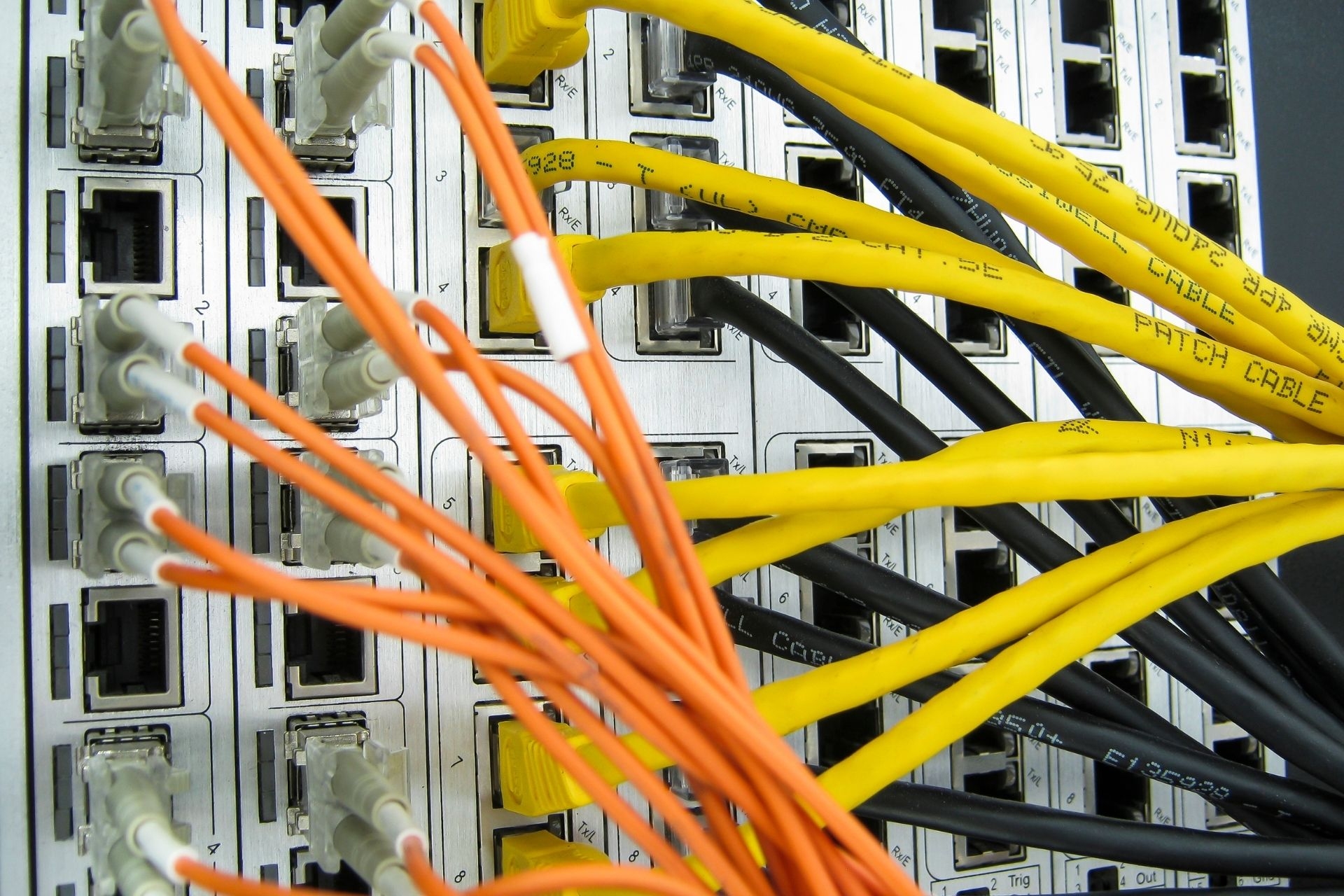Data Packet Inspection Software
How does data packet inspection software analyze network traffic for potential security threats?
Data packet inspection software analyzes network traffic for potential security threats by examining the contents of each data packet that passes through the network. It looks for patterns, anomalies, and known signatures of malicious activity to identify any suspicious behavior. By inspecting the headers and payloads of packets, the software can detect unauthorized access attempts, malware infections, data exfiltration, and other security risks.




